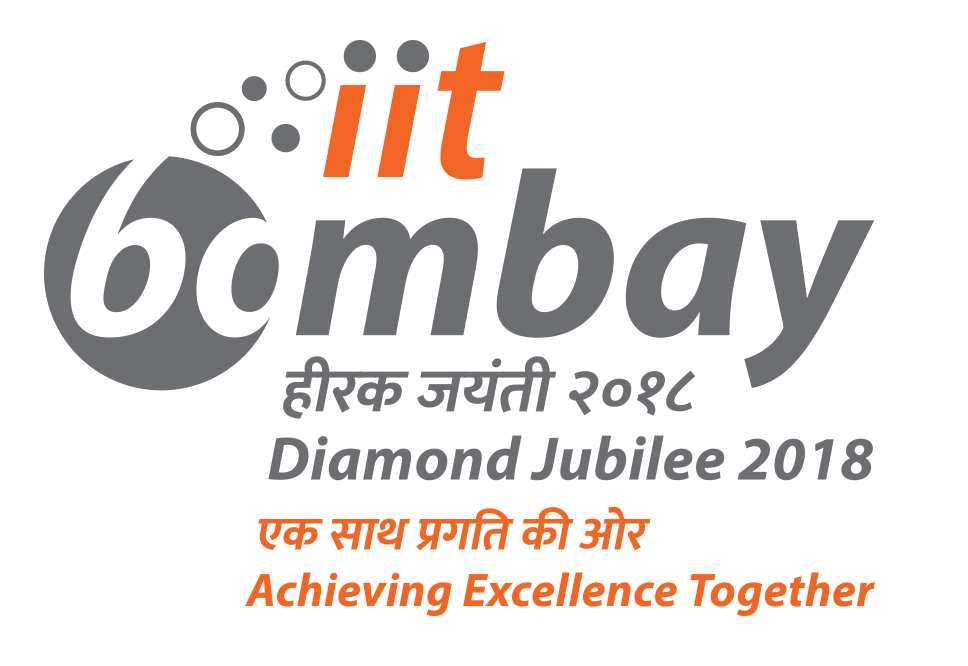Title: Spectroscopic-Imaging and Spin-Polarized STM Studies of Superconductivity, Nematicity and Magnetism in 11-Iron Chalcogenide Superconductors
Speaker: Dr. Udai Raj Singh, University of Hamburg
Abstract: Several years after the discovery of iron-based superconductors, the 11 iron-chalcogenide superconductors have been found to exhibit the simplest crystal structure of the iron-based superconductors consisting of planar iron layers with chalcogenide (Te, Se) anions above and below. The crystal structure provides a well-defined and non-polar cleavage plane between chalcogenide layers without any surface reconstruction[1]. Therefore, they have become most suitable candidates for surface-sensitive scanning tunneling microscopy(STM) measurements. In my talk, I will present spectroscopic-imaging and spin-polarized STM studies related to their electronic and magnetic structures. We find spatial inhomogeneity of the superconducting gap in FeSe0.4Te0.6 single crystal (TC ≈ 14K) at the nanoscale[2]. In the autocorrelation and Fourier transformation of spectroscopic maps we find evidence for nematic electronic states which break the C4 symmetry of the underlying crystal lattice structure[3].
About the non-superconducting parent compound FeTe, I will discuss about our investigation of its real-space magnetic structure at the atomic scale by spin-polarized STM[4]. This is the first spin-polarized STM measurement which has been performed on any strongly correlated electron system in the cryogenic environment.
Towards the end of my talk, I will show my recent STM results obtained on heterostructures of iron chalcogenide superconductors (FeTe/FeSe) and bismuth chalcogenide topological insulators (Bi2Te3/Bi2Se3) grown by means of molecular beam epitaxy (MBE) method[5].
References:
[1] Mizuguchi et al. J. Phys. Soc. Japan 79, 102001 (2010).
[2] Singh et al., Phys. Rev. B 88, 155124 (2013).
[3] Singh et al., Sci. Advances 1, e1500206 (2015).
[4] Enayat, Zhang, Singh et al., Science 345, 653 (2014) and Singh et al., Phys. Rev. B 91, 161111 (2015).
[5] Singh et al., JPCM 29, 025004(2017).

